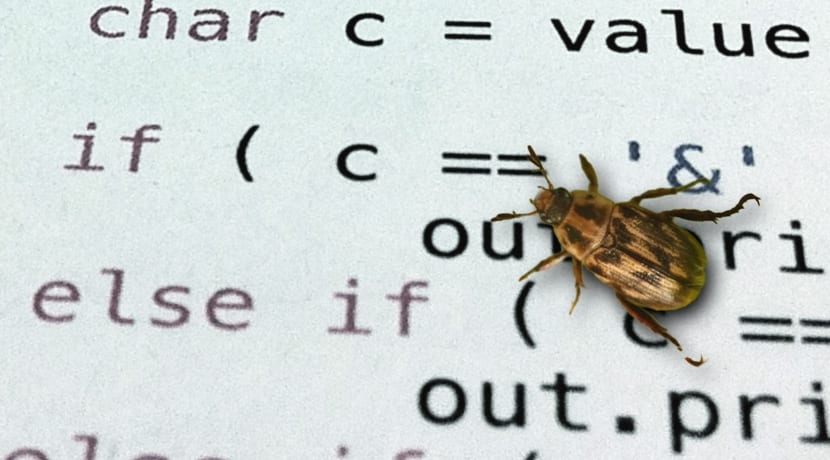
In recent days, an important vulnerability has appeared within the WPA2 protocol, a protocol that is not only used by Windows or MacOS computers but also affects computers with the Linux kernel. WPA2 is a security protocol for connections, (Wi-Fi Protect Access 2), which uses all wireless connections.
The discovered bug affects this protocol, allowing an intruder to have control of the computer or use network resources. This bug has been known as KRACK and within Gnu / Linux it affects two packages or programs: wpa_supplicant and hostapd.
Recientemente Ubuntu and Linux Mint have updated these packages to correct KRACK within their distributions, as well as the official flavors that are based on these distributions. Therefore, we only have to update the system through the software tools of the operating systems so that KRACK is not a problem for our teams.
Major distributions have already fixed KRACK and WPA2 issue
Days before, the Debian, Solus, Fedora and Arch Linux security teams did the same with their distributions and spins, updating the wpa_supplicant and hostpad packages so that such a vulnerability does not occur. At the moment they are the only distributions that we know of that have solved this problem. However, little by little more distributions will take the step to solve this bug and others will have already done it but have not announced it to their community.
KRACK is a good example of why we have to use a distribution with an active development, as dead or obsolete distributions that use WPA2 will not correct this bug and will put your users' data at risk. Therefore, it is always good to opt for active development, since you are never safe from problems and bugs like KRACK Don't you think so?
opensuse already did it yesterday